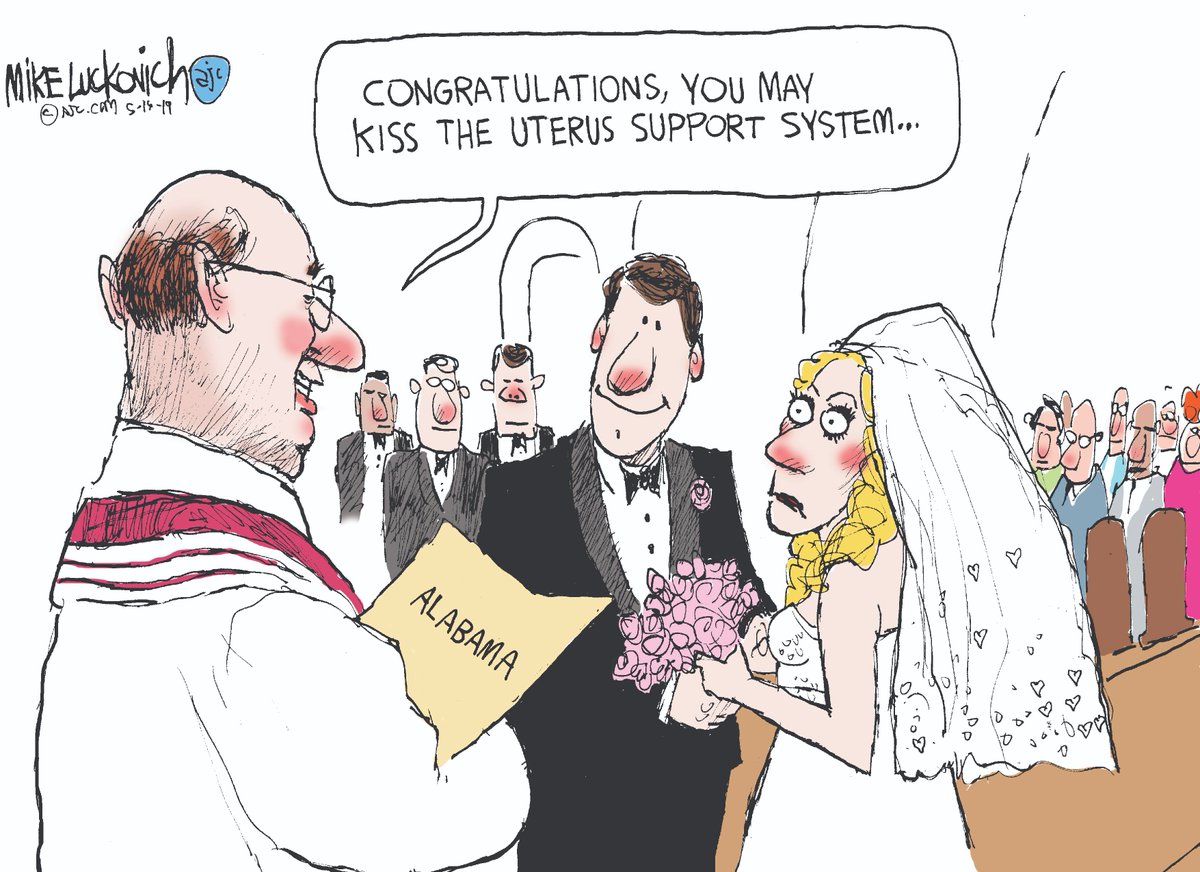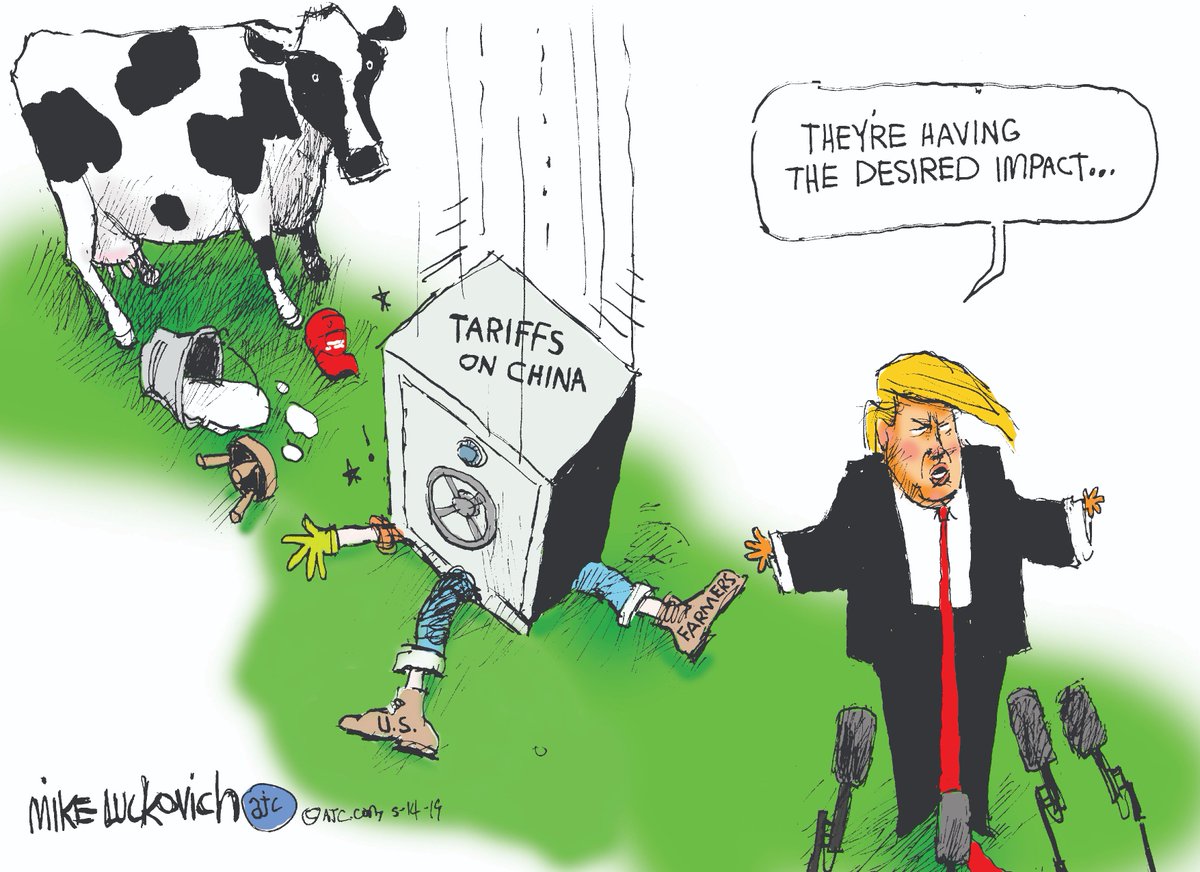LetMyPeopleVote
LetMyPeopleVote's JournalHow Will Democrats' Move Away From Caucuses Affect The 2020 Race?
I am so very glad that the Democratic Party is getting rid of caucuses
https://twitter.com/FiveThirtyEight/status/1129402622467874816
Of course, increased voter turnout could change which candidates benefit — or suffer — from that voting system. “The conventional wisdom is that caucuses favor more ideological candidates,” said Kamarck. Understandably, then, of the 2020 Democratic presidential field, Sanders is the candidate who’s often named as most likely to take a hit. In 2016, he won all 10 caucus states that are moving to some type of primary in 2020, though the field was far smaller in 2016, when most caucuses were head-to-head matchups between Sanders and Clinton. That said, Sanders probably owes some of his success in the caucuses to the fact that these low-turnout events tend to reward candidates who have strongly ideological and deeply committed supporters, and the move toward more primaries could erode that advantage.
“Caucuses benefit candidates who have strong grassroots campaigns but are also organized to get those grassroots supporters there,” said Jewitt. But since primaries are easier to participate in, candidates who have a bigger base (even if those voters are less engaged) may benefit from the format change. For example, in 2016, Nebraska and Washington held Democratic primaries in addition to their caucuses, though the caucuses determined delegate allocation and the primaries didn’t count. While Sanders handily won the caucus in each state, Clinton won the higher-turnout primaries.....
So to recap, all we can say for sure about the move toward primaries over caucuses is that turnout will likely be higher in 2020 than in 2016 for the states that switch — and that could produce some interesting results.
Gallup--Less Than Half in U.S. Would Vote for a Socialist for President
This polling would make it very difficult to win with a socialist candidate on the ballot https://news.gallup.com/poll/254120/less-half-vote-socialist-president.aspx
In spite of the expanded tolerance for diversity, candidates labeling themselves as socialists may struggle to gain traction in a presidential race, as Americans have not become more open to such a candidate. Even as political figures advocating socialist ideas have gained popularity in Democratic circles in recent years, less than half of Americans remain willing to give an avowed socialist candidate their vote. This creates a challenge for the Democratic Party, as it seeks to avoid alienating the Democratic socialists within its rank and file, while still aiming to win a national election.
05/17 Mike Luckovich: No longer light treason
https://twitter.com/mluckovichajc/status/1129170931266576384
Luckovich-One Day we will leave this war zone
https://twitter.com/mluckovichajc/status/1129155451604611073
Trump's legal team is 'taking cues' from person has not passed bar to fight Democratic oversight
The fact that trump is relying on Jim Jordan for advise is amusing. This idiot is too stupid to pass the bar exam
https://twitter.com/RawStory/status/1129016081132195840
Juanita Jean had fun discussing Jordan not passing the bar exam https://juanitajean.com/i-wanna-talk-about-jim-jordan/
His snotty behavior at yesterday’s Barr contempt hearing was unpleasant.

Maybe this is why he couldn’t pass the bar exam. He can’t read the law.
Senator Corey Booker is a Trekkie
I really like Senator Booker. Senator Booker was The Beat with Ari and was great
I was at the Texas state party fundraiser where we made Senator Booker an honorary Texan
https://twitter.com/TheBeatWithAri/status/1128791562656329728
Luckovich-Congratulations You may kiss the Uterus Support System
https://twitter.com/mluckovichajc/status/1128788913265487872
Luckovich-Sir, might you allow us to hold your coat???
https://twitter.com/mluckovichajc/status/1128437788066578432
CNN-Joe Biden's early state polling looks more like those of past winners than losers
It is still very early but Biden's numbers are encouraging. This is from Harry Enten https://www.cnn.com/2019/05/14/politics/joe-biden-state-national-polls-frontrunner/index.html?utm_source=feedburner&utm_medium=feed&utm_campaign=Feed%3A+rss%2Fcnn_allpolitics+%28RSS%3A+CNN+-+Politics%29
All but one candidate (Ted Kennedy in 1980) who led in Iowa and New Hampshire would go on to win their party's nomination. The eight eventual nominees were Ronald Reagan in 1980, Walter Mondale in 1984, George H.W. Bush in 1988, Bob Dole in 1996, Al Gore in 2000, George W. Bush in 2000, Mitt Romney in 2012 and Hillary Clinton in 2016. All these candidates also held advantages in Nevada and South Carolina in years in which early polling was available and those states held early contests.
A number of national polling leaders who would go on to lose the nomination are not listed above. Joe Lieberman led in neither Iowa or New Hampshire in 2004. Rudy Giuliani trailed in Iowa, Nevada and South Carolina at this point in the 2008 cycle. Hillary Clinton was behind John Edwards in Iowa and was neck-in-neck with Barack Obama in South Carolina in May 2007. Scott Walker, who was briefly leading nationally with much less support than Biden, followed Jeb Bush in May 2015 New Hampshire polling.
The big picture here is that, at least in early state polling, Biden doesn't have the obvious weakness that many frontrunners who failed to get the nomination in earlier years had.
Instead, Biden's lead in the early states is consistent with his frontrunner status, who at least for the moment is doing the things he needs to do in order to win.....
Second, Biden's doing well with voters who are tuned into the race. Early state voters are the most likely to be paying attention to the race right now. They're the most likely to pick up on momentum for a candidate first. Biden's polling as well among highly enthusiastic Democrats as he is among Democrats at-large. In New Hampshire, Biden is ahead of Sanders, who is from next door Vermont and won the New Hampshire primary by more than 20 points in 2016, and Massachusetts Sen. Elizabeth Warren, who is also from next door.
Again this is early and there are ways for Biden to lose this lead. However I am encourage
Profile Information
Member since: Mon Apr 5, 2004, 04:58 PMNumber of posts: 145,176
